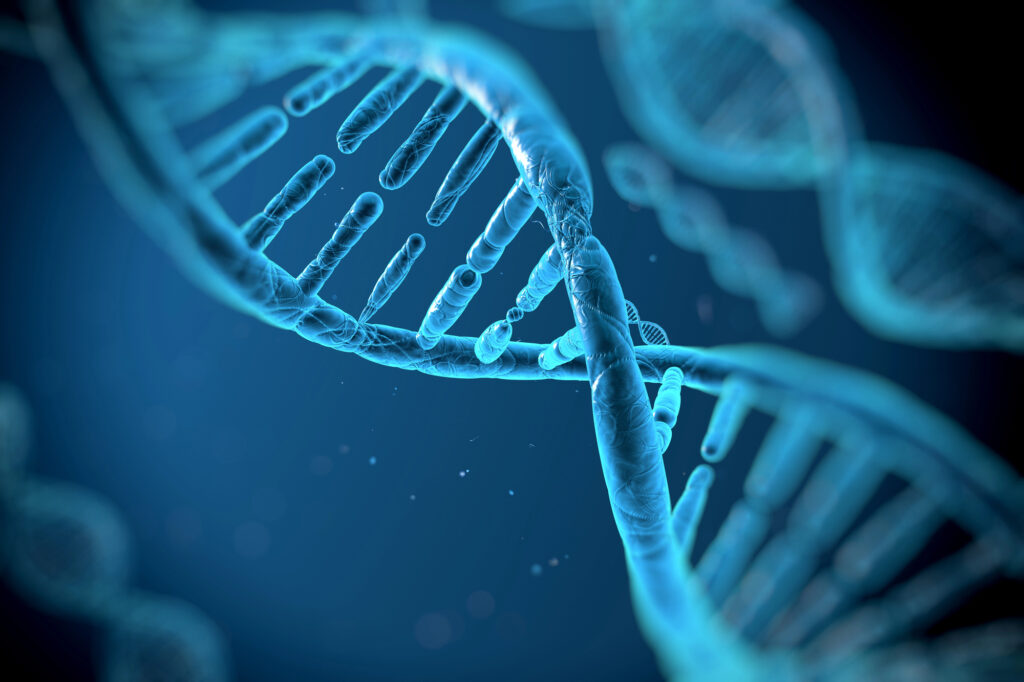Results of a study recently published in the European Journal of Nutrition suggest that low levels of magnesium may increase the susceptibility of DNA to damage, and that elevated homocysteine levels specifically may cause more DNA damage among people with low levels. One hundred seventy-two healthy volunteers (aged 35-65) living in Australia had plasma levels of homocysteine, magnesium, folate (serum), and vitamin B12 assessed, as well as an assay (Cytokinesis-Block Micronucleus cytome) that measured 3 separate markers of DNA damage in peripheral blood lymphocytes; micronuclei (MN), nucleoplasmic bridges (NPBs), and nuclear buds (NBuds).
Magnesium levels were found to be positively associated with folate and B12, but inversely associated with homocysteine as well as 2 markers of DNA damage (MN and NPBs). Homocysteine was positively correlated with each marker of DNA damage. The inverse relationship between DNA damage and magnesium levels persisted after adjusting for other variables, such as gender and age, and the lowest levels of DNA damage (MN and NPBs) were observed among people with high magnesium and low homocysteine.
Although not widely recognized to be a risk factor for DNA damage, magnesium is needed for at least 600 enzymes, including DNA repair enzymes, such as DNA polymerase beta, DNA ligases, DNA endonucleases, and tyrosyl-DNA phosphodiesterase 2. This study suggests that low magnesium, recognized as a risk factor for multiple chronic diseases including diabetes, cardiovascular disease, osteoporosis, etc., may also be a risk factor for genetic instability. Additionally, low magnesium may also pose additional risk among people with elevated homocysteine levels, which is itself associated with DNA damage.






